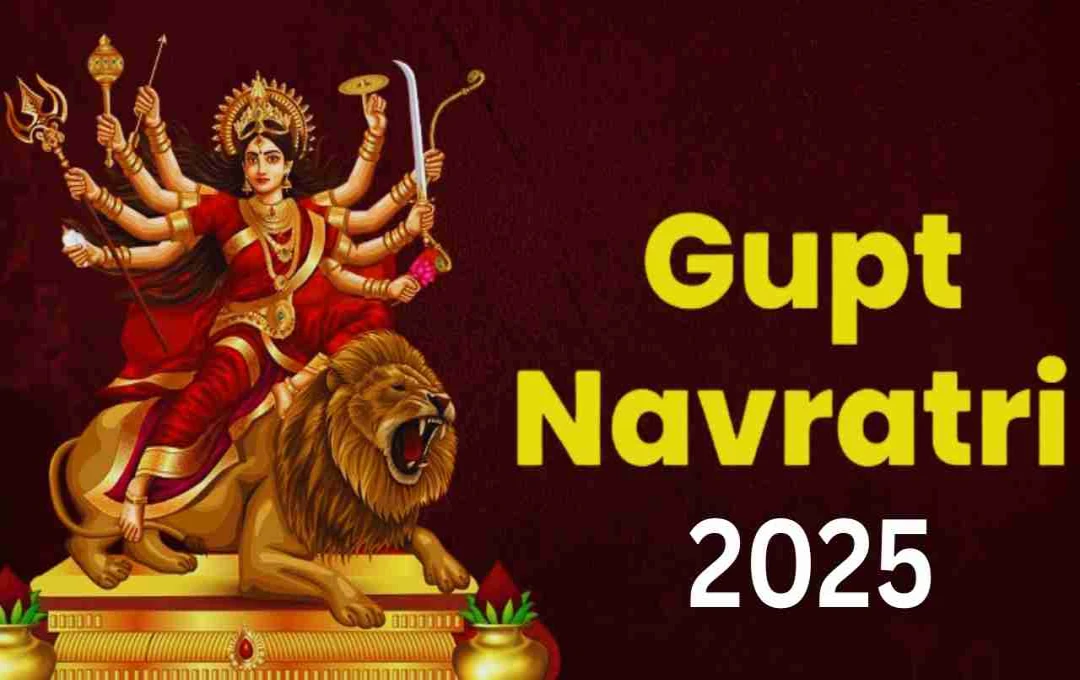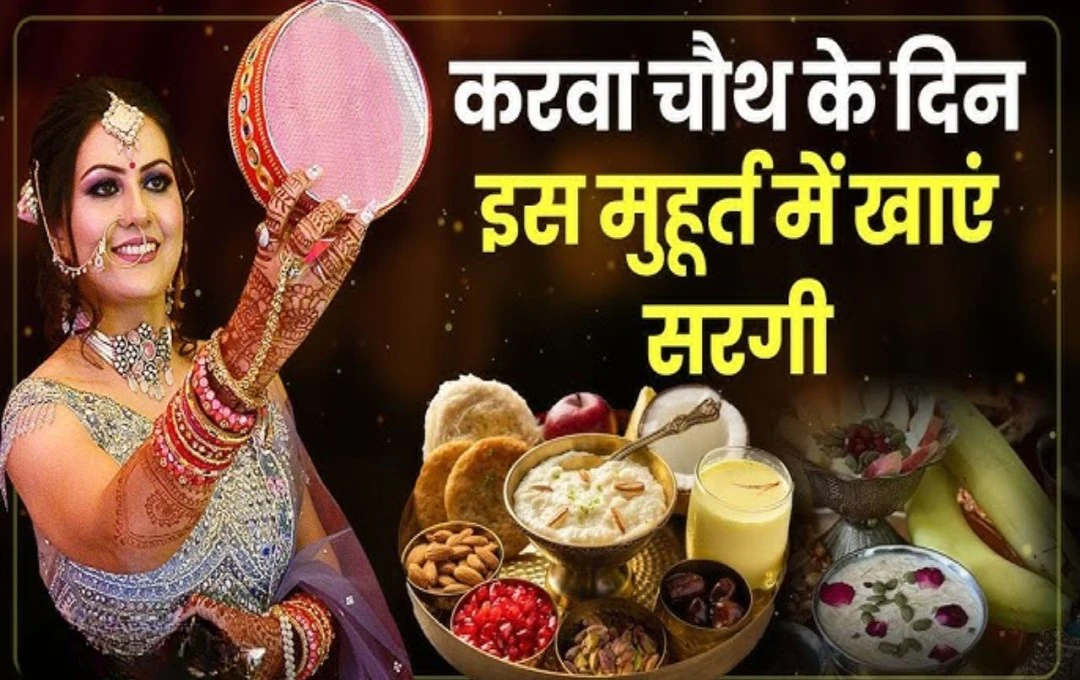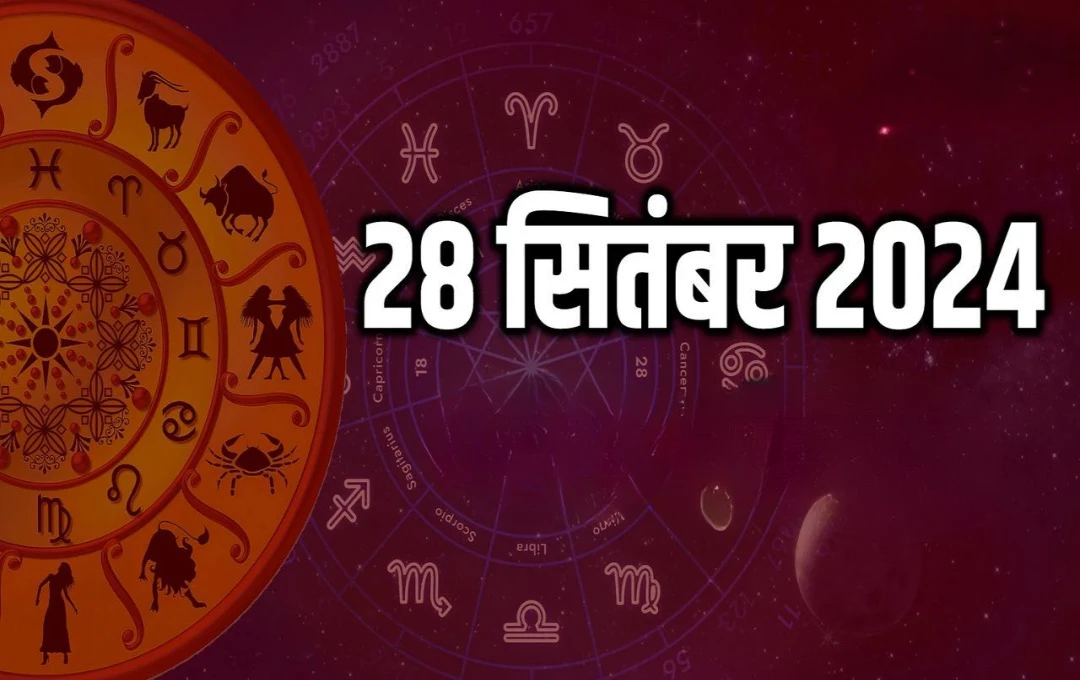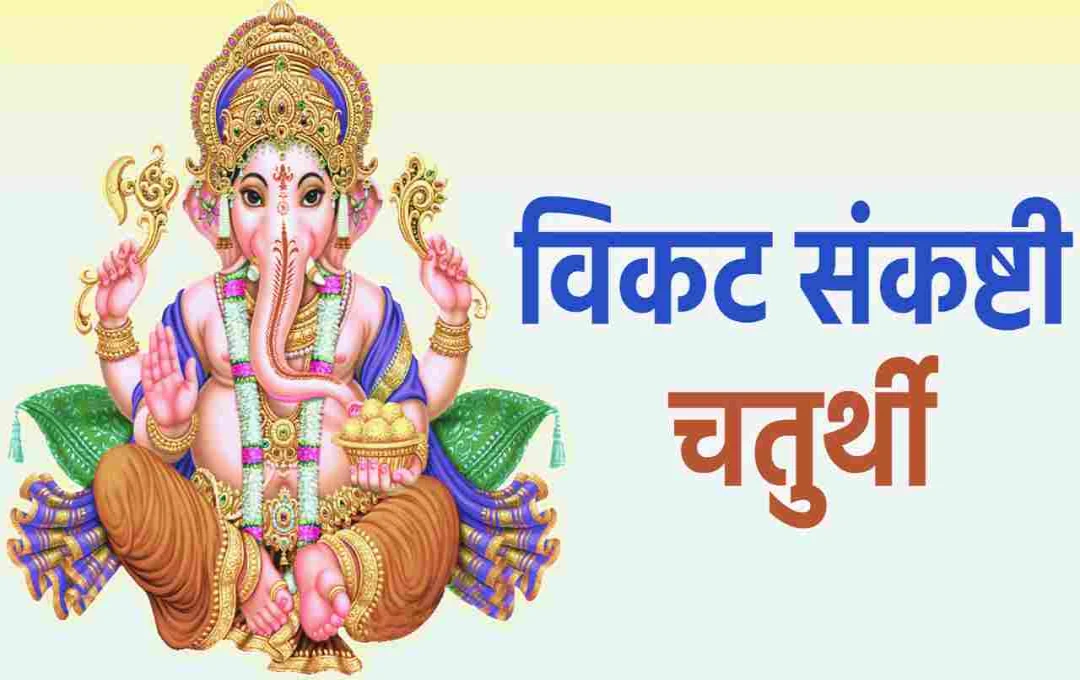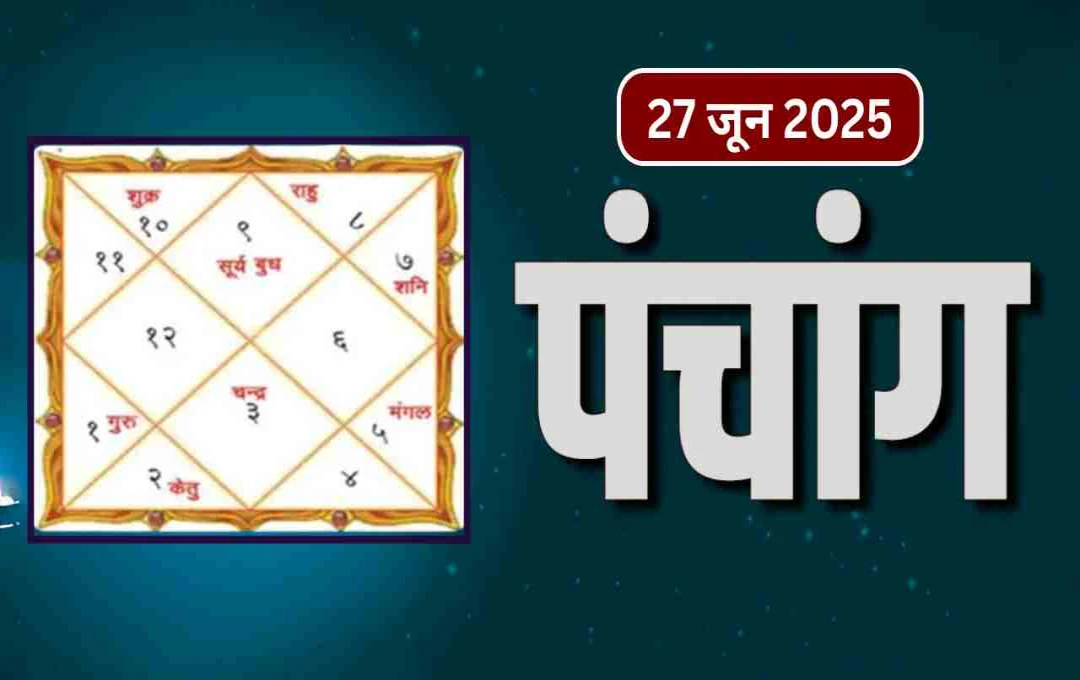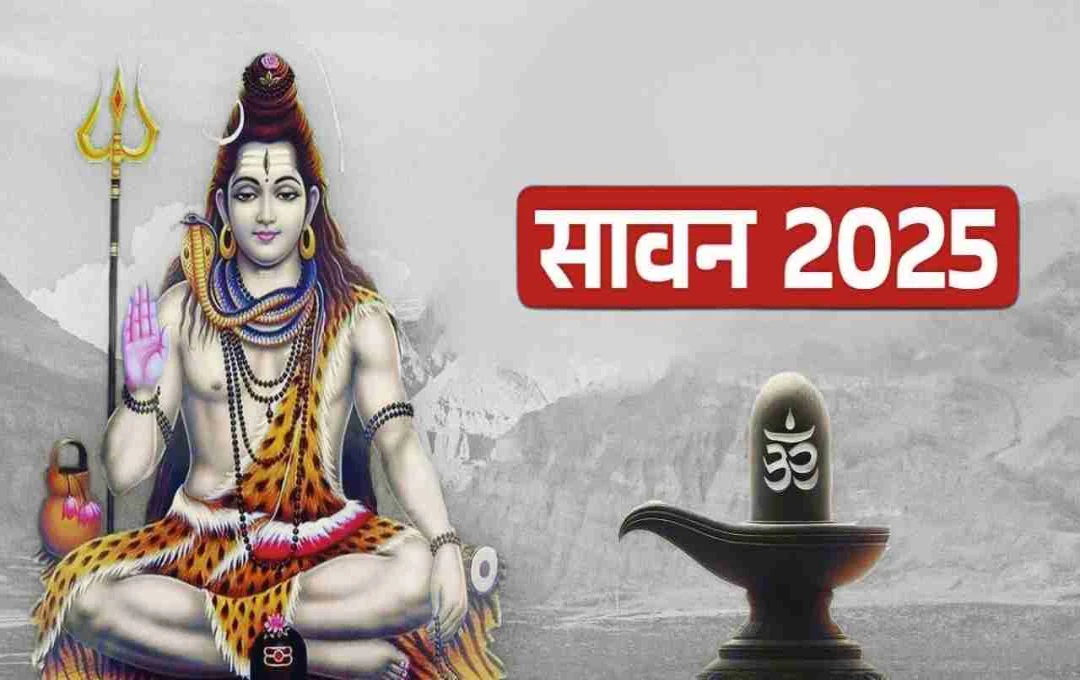The Gupt Navratri, which occurs twice a year, is particularly regarded as a time for Tantric practices, mantra-siddhi (attainment of mantras), and spiritual awakening. This year, in 2025, the Gupt Navratri of the Ashadha month commenced on June 26th. This festival spans nine days and serves as a special spiritual opportunity for practitioners. During Gupt Navratri, worship is dedicated to the ten Mahavidyas of Goddess Durga, who represent the fierce and mysterious forms of power.
Gupt Navratri is more ascetic and secretive compared to the regular Navratri. This festival provides an opportunity to awaken the spiritual power that remains dormant in everyday life.
Special Practices Performed During Gupt Navratri
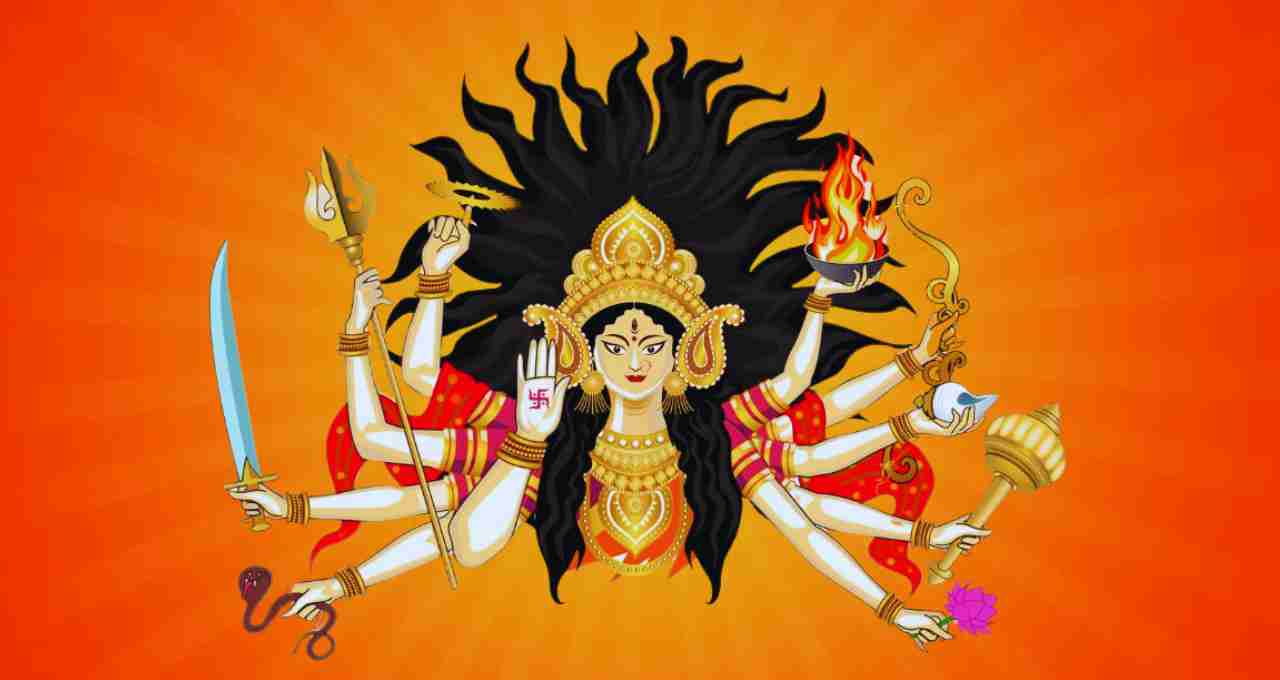
The practices of Gupt Navratri are specifically dedicated to the ten Mahavidyas:
- Kali – The power that consumes time itself, the one who removes death and fear.
- Tara – The goddess who delivers from crisis, protecting even from the jaws of death.
- Tripurasundari – The goddess of beauty, knowledge, and gentleness.
- Bhuvaneshvari – The presiding deity of the entire universe.
- Chhinnamasta – The symbol of self-sacrifice and courage.
- Bhairavi – The goddess of anger, power, and penance.
- Dhumavati – The goddess of renunciation and detachment.
- Bagalamukhi – The one who paralyzes enemies.
- Matangi – The goddess of arts, music, and speech.
- Kamala – The symbol of wealth and prosperity, a form of Lakshmi.
The practices of these Mahavidyas are highly mysterious. Ordinary devotees should not engage in these practices without the guidance of a guru, as this path demands immense discipline and mental concentration.
What to do during Gupt Navratri?
1. Adopt a Sattvic Diet – During this time, completely avoid garlic, onions, non-vegetarian food, and intoxicants. Consume light, pure, and sattvic food.
2. Observe Celibacy – Mental and physical restraint is an integral part of the core practice of Gupt Navratri. This brings concentration to the practice and leads to spiritual progress.
3. Durga Path and Mantra Chanting – Recite the Durga Saptashati, Argala Stotra, Kavach, and Devi Chalisa daily. Chanting the Mahamrityunjaya or Navakshari mantras is also auspicious.
4. Lighting Lamps and Bathing – Every morning, bathe with Gangajal or clean water, and light a lamp in the temple. This removes negativity.
5. Kanya Pujan and Donation – During Gupt Navratri, feeding young girls and giving them clothes or gifts is considered highly meritorious.
6. Alleviation of Planetary Afflictions – This time is particularly favorable for pacifying the effects of Rahu, Ketu, and Saturn. Perform related readings and remedies.
What not to do during Gupt Navratri?
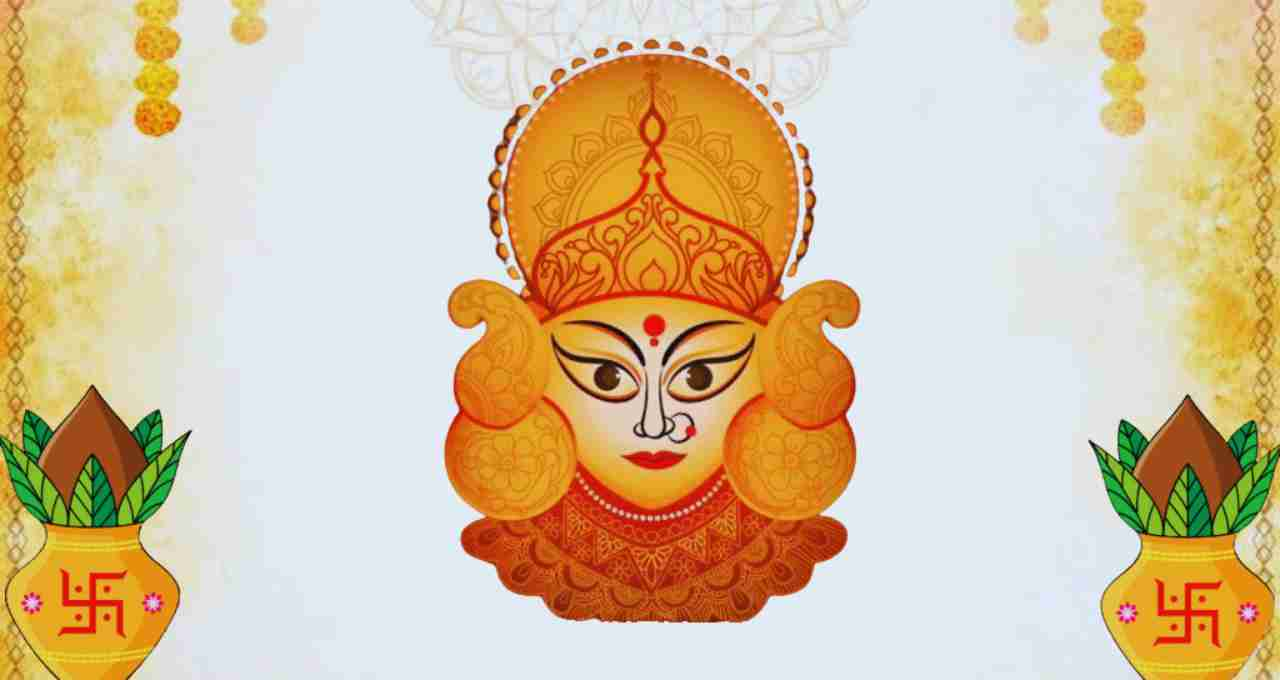
1. Avoid Tantric rituals without a Guru – Engaging in intense practices during Gupt Navratri without proper guidance is not without risk. It can lead to mental and spiritual imbalances.
2. Avoid Impure Conduct – Stay away from lust, anger, slander, and malice. Any form of violence, deceit, lies, or impure thoughts can destroy the power of the practice.
3. Do not cut hair or nails – This is a time to align the body with the practices. Cutting nails and hair can be a hindrance to this process.
4. Do not disrespect women – Disrespecting women is considered a sin during this sacred time of the Goddess. Give special respect to women in the home.
5. Exercise restraint in speech – Do not use abusive or harsh language. Practice silence as much as possible, focusing on the practice. Awaken the energy of words.
Why is Gupt Navratri special?
Gupt Navratri marks the beginning of an inner journey in which we strive to recognize and awaken the power within ourselves. This period is an opportunity to bring lasting happiness, strength, and peace into our lives. From a Tantric perspective, this time is considered the best for attainments and spiritual empowerment.
However, it is also true that the path of Gupt Navratri is profound, serious, and disciplined. Therefore, every individual should observe this festival according to their faith and capacity. The grace of the Mother can be obtained through mantra chanting, a sattvic life, self-control, and practice alone.
This special period of Gupt Navratri practice invites us to awaken the dormant power within us. Through a sattvic diet, restraint, guru guidance, and chanting of the Goddess's mantras, practitioners not only pacify planetary afflictions and negativity but also gain confidence, peace, and divine protection. The caution is not to enter into profound practices without preparation or ego—faith, purity, and humility are the foundation of true attainment.
